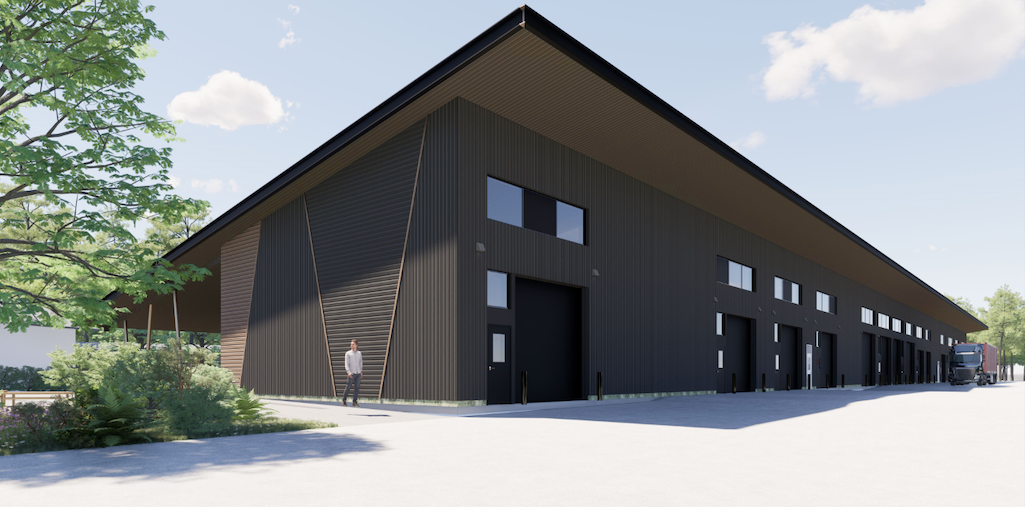
A rendering of the maintenance facility to be built at Acadia National Park/NPS
The National Park Service has awarded a roughly $33 million contract for demolition of outdated structures and construction of new maintenance facilities at Acadia National Park headquarters. Funded by the Great American Outdoors Act, the project is expected to provide park staff with enhanced facilities to better serve visitors and protect park resources.
“It is impossible to overstate the amount of work that goes on behind the scenes to operate a national park,” said Acadia Superintendent Kevin Schneider. “Acadia’s maintenance team works tirelessly to preserve roads and trails; conserve historic carriage roads and stone bridges; keep visitor centers clean and operational; manage construction projects; the list goes on and on. Our dedicated staff, which has persevered for many years working out of an old building that no longer meets their needs, is thrilled to see this project progress.”
The current maintenance buildings are structurally unsound, undersized, and inadequate for the workload. The park’s staff, operations, and visitation have grown considerably since the existing maintenance facility was first constructed in the 1960s. In just the last 10 years, park visitation has grown by approximately 70 percent. In 2021, Acadia National Park had 4.1 million visitors.
Many park partnership programs also operate out of the maintenance buildings, including volunteer programs funded in part by the Friends of Acadia that help maintain trails and historic carriage roads. The current facility cannot accommodate the approximately 150 employees and staff based at the site and must use portable restrooms and temporary trailers to compensate.
The project will fund construction of a maintenance operations complex and demolish more than 20,000 square feet of unsafe park structures. The new maintenance shops and equipment support spaces, restrooms, offices, workspaces, and community areas will improve workplace efficiencies, lower heating and cooling costs, decrease fuel consumption, protect equipment investments from the elements, and improve accessibility. The project will eliminate $4.4 million of deferred maintenance and repairs.

 Support Essential Coverage of Essential Places
Support Essential Coverage of Essential Places



